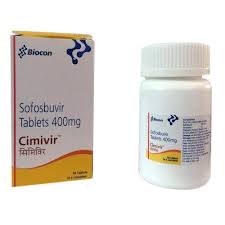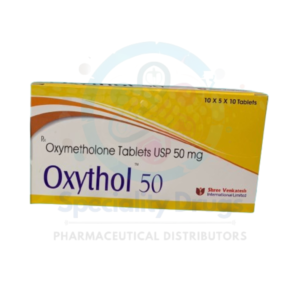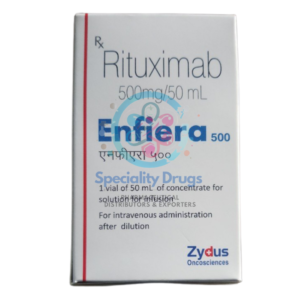What is D-CYCLINE 100MG?
D-CYCLINE 100MG is an antibiotic medicine containing Doxycycline Hydrochloride. It belongs to the tetracycline class of antibiotics and is widely prescribed for bacterial infections.
What is the use of D-CYCLINE 100MG?
D-CYCLINE 100MG is used to treat:
-
Respiratory tract infections (bronchitis, pneumonia)
-
Urinary tract infections (UTIs)
-
Skin infections and moderate to severe acne
-
Sexually transmitted infections (STIs) such as chlamydia, gonorrhea, syphilis
-
Eye infections
-
Malaria prevention and treatment
-
Certain gum and dental infections
Benefits of D-CYCLINE 100MG
-
Broad-spectrum antibiotic – works against a wide range of bacterial infections
-
Effective acne treatment – reduces inflammation and bacterial growth
-
Malaria prophylaxis – helps prevent malaria in high-risk areas
-
Well-tolerated oral dosage with proven clinical effectiveness
Side Effects of D-CYCLINE 100MG
Like all medicines, D-CYCLINE 100MG may cause some side effects, including:
-
Nausea, vomiting, or diarrhea
-
Stomach upset or abdominal pain
-
Headache
-
Skin rash or itching
-
Photosensitivity (increased risk of sunburn)
-
Tooth discoloration (especially in children)
-
Rare: liver issues, allergic reactions
1. What is D-CYCLINE 100MG used for?
D-CYCLINE 100MG is an antibiotic used for bacterial infections such as respiratory, urinary, skin, and sexually transmitted infections, and also for acne and malaria prevention.
2. What is the active ingredient in D-CYCLINE 100MG?
It contains Doxycycline Hydrochloride, a tetracycline-class antibiotic.
3. Can D-CYCLINE 100MG treat viral infections like cold or flu?
No, it is only effective against bacterial infections, not viral illnesses.
4. How should I take D-CYCLINE 100MG?
Take it with a full glass of water, after food, exactly as prescribed by your doctor. Avoid lying down immediately after taking it.
5. Can I use D-CYCLINE 100MG for acne?
Yes, doctors often prescribe it for moderate to severe acne, as it reduces bacteria and inflammation in the skin.
6. Is D-CYCLINE 100MG safe during pregnancy?
No, it is not recommended during pregnancy as it may harm the unborn baby’s bones and teeth.
7. Can children take D-CYCLINE 100MG?
It should not be given to children under 8 years due to risks of permanent tooth discoloration and bone growth issues.
8. What are the common side effects of D-CYCLINE 100MG?
Nausea, vomiting, stomach upset, diarrhea, headache, skin sensitivity to sunlight, and mild rash are common side effects.
9. Can I drink alcohol while taking D-CYCLINE 100MG?
It is best to avoid alcohol, as it may reduce the effectiveness of the medicine and increase side effects.
10. Can D-CYCLINE 100MG be used for malaria?
Yes, it is used for both malaria prevention and treatment (usually in combination with other medicines).
11. What should I do if I miss a dose?
Take it as soon as you remember. If it is almost time for the next dose, skip the missed one. Do not double the dose.
12. Are there any food restrictions while taking D-CYCLINE 100MG?
Avoid taking it with milk, dairy products, or antacids as they may reduce absorption.
13. How long should I take D-CYCLINE 100MG?
Take it for the full course prescribed by your doctor. Do not stop early even if you feel better.
14. Does D-CYCLINE 100MG cause sun sensitivity?
Yes, it can make your skin more sensitive to sunlight. Use sunscreen and avoid direct sun exposure.
15. Can I take D-CYCLINE 100MG with other medicines?
Inform your doctor about all other medicines you take. Some drugs (like antacids, iron, blood thinners, or oral contraceptives) may interact with doxycycline.






Reviews
There are no reviews yet.